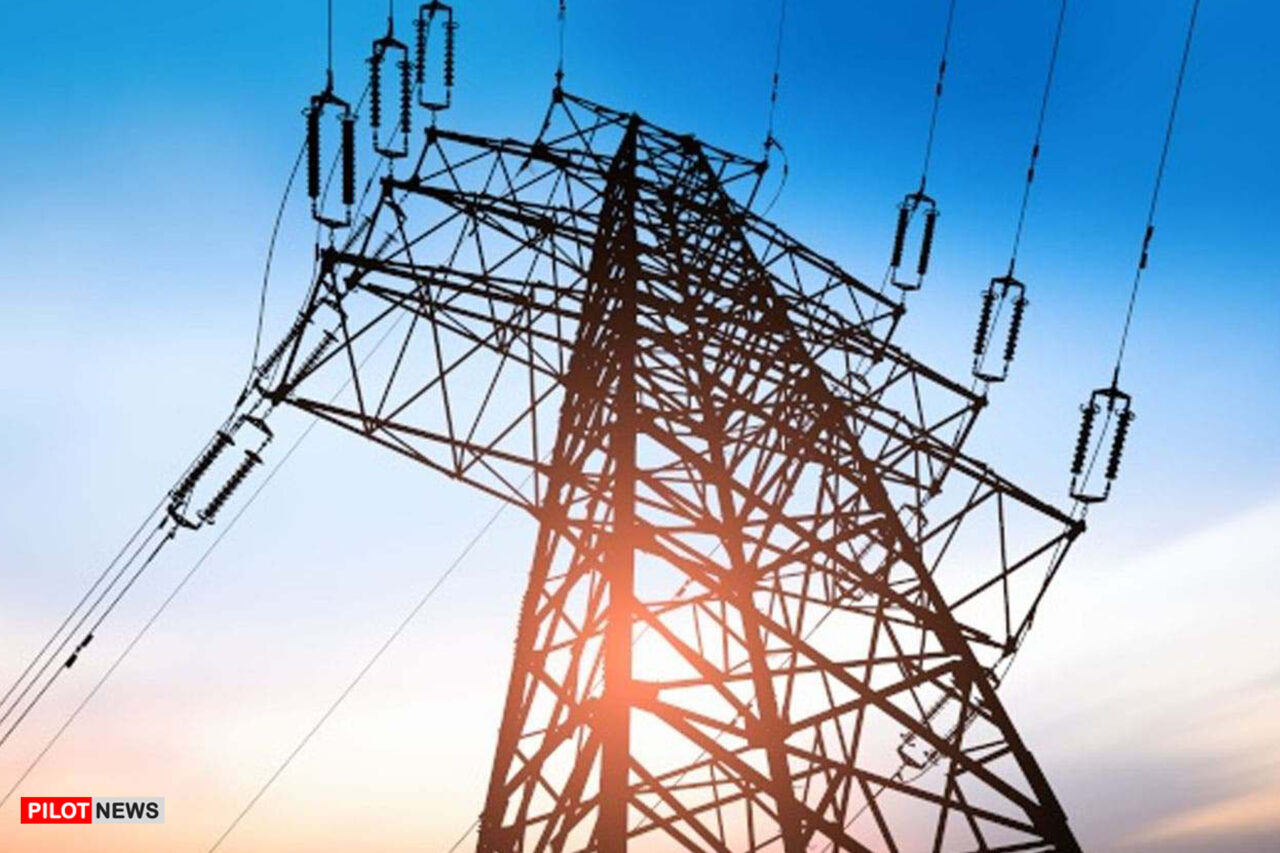The Nigerian Electricity Regulatory Commission, NERC, has announced a hike in electricity tariffs for a segment of consumers.
This move comes amid ongoing efforts to reform the nation’s power sector
The new tariff structure, effective 1st April 2024, applies to customers classified under Band A, which typically refers to those who receive a relatively high number of daily power supply hours often exceeding 20 hours.
According to NERC’s Vice Chairman, Musiliu Oseni, these Band A customers will see their electricity bills increase from the current N66 per kilowatt-hour (kWh) to N225 per kWh. This represents a significant increase of over 240 per cent.
The NERC claims the tariff hike is necessary to improve the financial viability of electricity distribution companies, DisCos, and attract investment in the sector.
However, the decision has been met with criticism from many Nigerians who argue that the timing is insensitive, considering the current economic climate.
The NERC maintains that the impact on low-income earners will be limited, as only Band A customers, representing approximately 15 per cent of the total consumer base, will be affected.
“Many of the customers previously classified as Band A customers will not be affected, only less than 15 per cent of the customer population will be affected by this rate review,” Oseni explained at a press interview on Wednesday.
“And the reason for this includes, first and foremost, when you look at the state of infrastructure in NERC, the quality of infrastructure in NERC varies from one location to another. There are certain locations where, without any additional investment, the distribution companies and also the transmission companies based on the investment previously made can deliver the minimum of 20 hours per day.”
“But in some locations, there will be a need for improvement in quality of the infrastructure before quality of supply can improve. So, the customers that are going to be affected are the customers that are living in locations where no investment is required to meet the 20 hours service, and this constitutes less than 15 per cent of the customer population.”
Oseni added that other customers who will still be paying the non-revised electricity fees will not be getting up to 20 hours average power supply.
With the development, Nigerians are now waiting to see how this new tariff structure will impact their electricity bills and the overall performance of the power sector.
Latest posts by By Ezinwanne Onwuka (Senior Reporter) (see all)
- Fresh Crisis Hits Kano Cabinet as Kwankwaso’s Son, 3 Commissioners Step Down - January 26, 2026
- Military Confirms Failed Coup to Overthrow Tinubu in Investigation Report - January 26, 2026
- Anambra Government Shuts Onitsha Main Market Over Monday Sit-at-Home - January 26, 2026
previous
Tinubu Signs Amended Student Loan Bill Into Law
next

